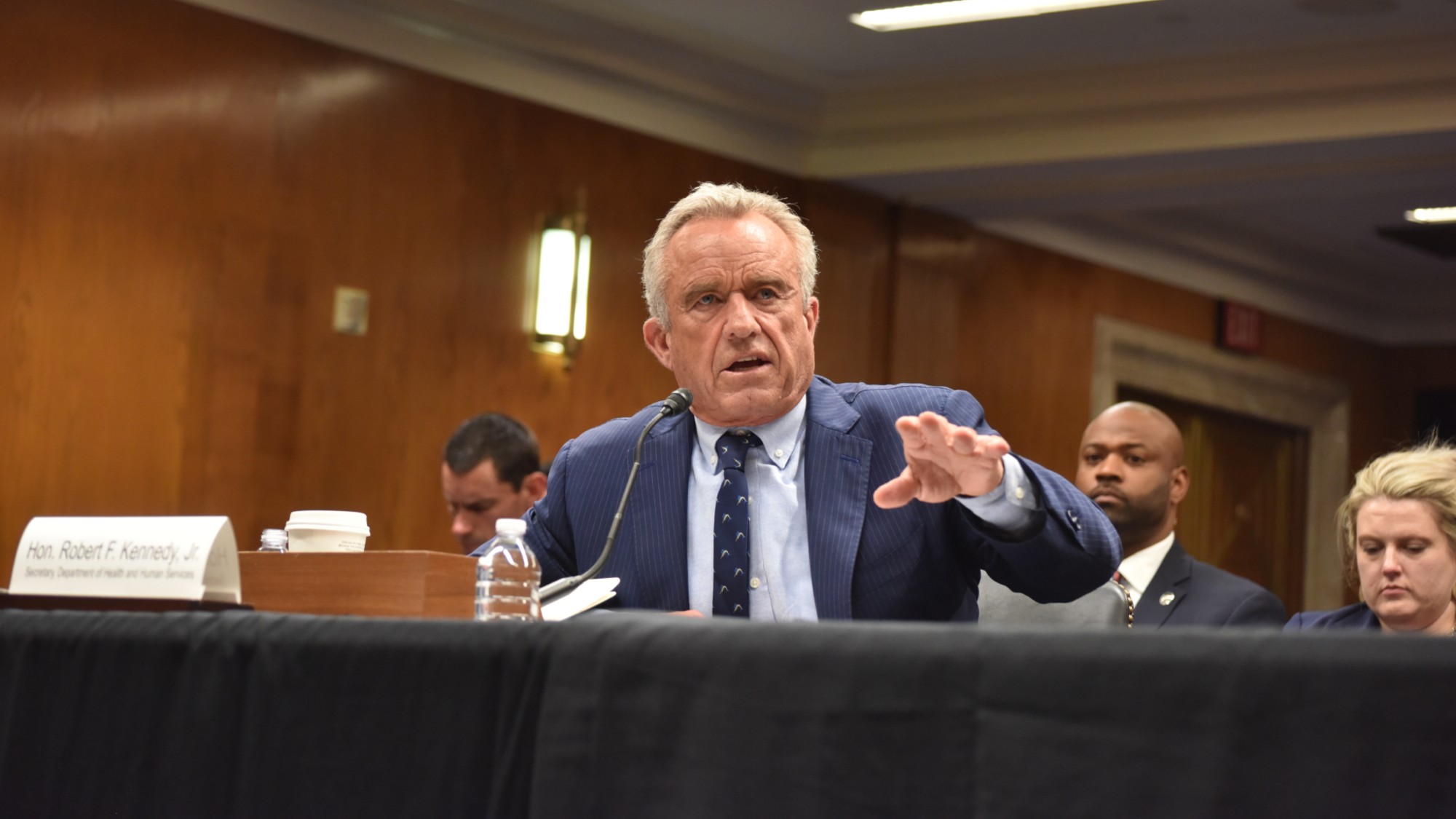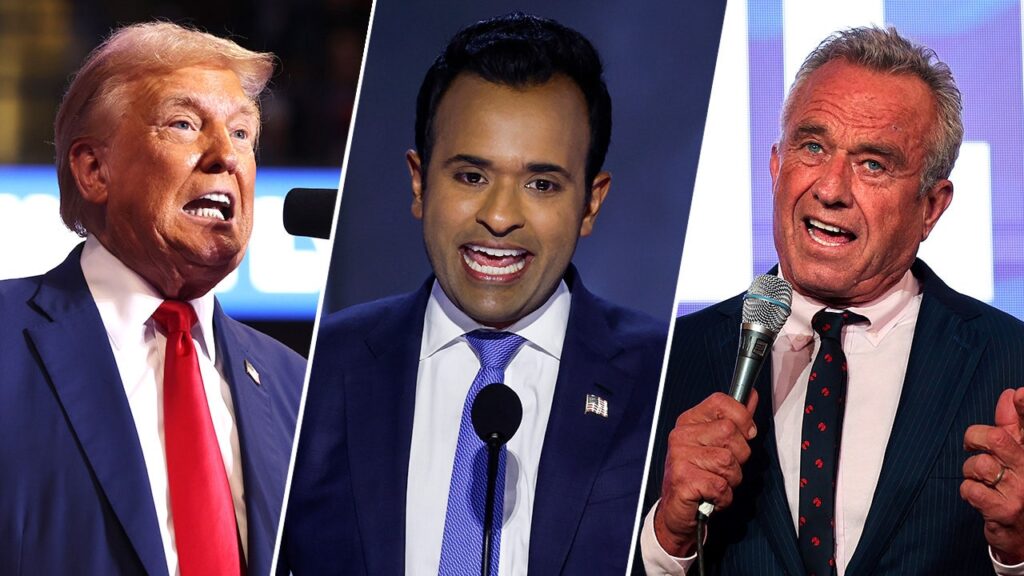Health and Human Services Secretary Robert F. Kennedy Jr. has released the first major report for his “Make America Healthy Again” platform, and it has provided some insight into where he wants to focus the agency. But not everyone agrees with the report’s conclusions, particularly regarding its findings on vaccines and food.
RFK Jr. has pledged to make sweeping changes to the country’s health care system. This initial MAHA report is likely to set off more fierce debate around the Trump administration’s approach to its health goals.
Targeting processed foods and vaccines
The full report describes various factors that it claims cause chronic illnesses in American children. It lays out “some of the most contentious views on vaccines, the nation’s food supply, pesticides and prescription drugs,” said The Associated Press. Some of the report’s main findings include calling for an “increased scrutiny of the childhood vaccine schedule, a review of the pesticides sprayed on American crops and a description of the nation’s children as overmedicated and undernourished.”
Subscribe to The Week
Escape your echo chamber. Get the facts behind the news, plus analysis from multiple perspectives.
SUBSCRIBE & SAVE
Sign up for The Week’s Free Newsletters
From our morning news briefing to a weekly Good News Newsletter, get the best of The Week delivered directly to your inbox.
From our morning news briefing to a weekly Good News Newsletter, get the best of The Week delivered directly to your inbox.
The report came at the behest of President Donald Trump, who tasked RFK Jr. and the Department of Health and Human Services with “investigating chronic illness and delivering an action plan to fight childhood diseases, starting with a report,” said USA Today. The report’s main conclusion is that it blames “ultra-processed foods, environmental chemicals, lack of physical activity, chronic stress and ‘overmedicalization'” for chronic diseases. It also claims this is “partly propelled by corporate influence and government lobbying.”
These overall findings aren’t necessarily contentious, as the “proposition that nutrition, lifestyle and exposure to pollution and other harmful chemicals are conspiring to harm children’s health is not controversial among longtime researchers in public health,” said NPR. But the report “doesn’t resolve some of the central tensions that have characterized Kennedy’s MAHA platform from the outset.” It also doesn’t weigh in socioeconomic factors like poverty levels, which are a “key predictor of chronic disease.”
‘New regimen of standards’
The MAHA report is “likely to face diverse pushback,” especially from “agricultural and chemical lobbyists wary of how the report would criticize their products,” said The Guardian. This could put the agricultural industry at odds with the Trump administration. Bringing up concerns over chemical additives in farming is “sure to make for strange political bedfellows and consternation within the Republican Party.”
Both agricultural lobbyists and politicians have already raised doubts about the report. There is “enough in the report to cause plenty of worry about how key crop protection tools will be regulated in the future,” said Sen. Cindy Hyde-Smith (R-Miss.) in a statement, adding that the report could “set the stage for a new regimen of standards based on fringe theories.”
Given that the report also calls into question vaccine schedules and pharmaceuticals that have been “deemed safe by mainstream medicine,” it “also stretched the limits of science,” said The Washington Post. Large chunks of the report “offer misleading representations of findings in scientific papers.” Gun violence, which the CDC cites as the leading cause of death for children in 2020 and 2021, was “not mentioned in the report.”
When it comes to vaccines, there is “little biological basis to argue the series of shots could be harming children by overwhelming their immune systems,” said Jason Schwartz, a Yale University associate professor of public health, to the Post. Doctors are “seeing a very familiar playbook, but we are now seeing it from the highest levels of our government’s health agencies rather than the margins of the anti-vaccine conversation.”



